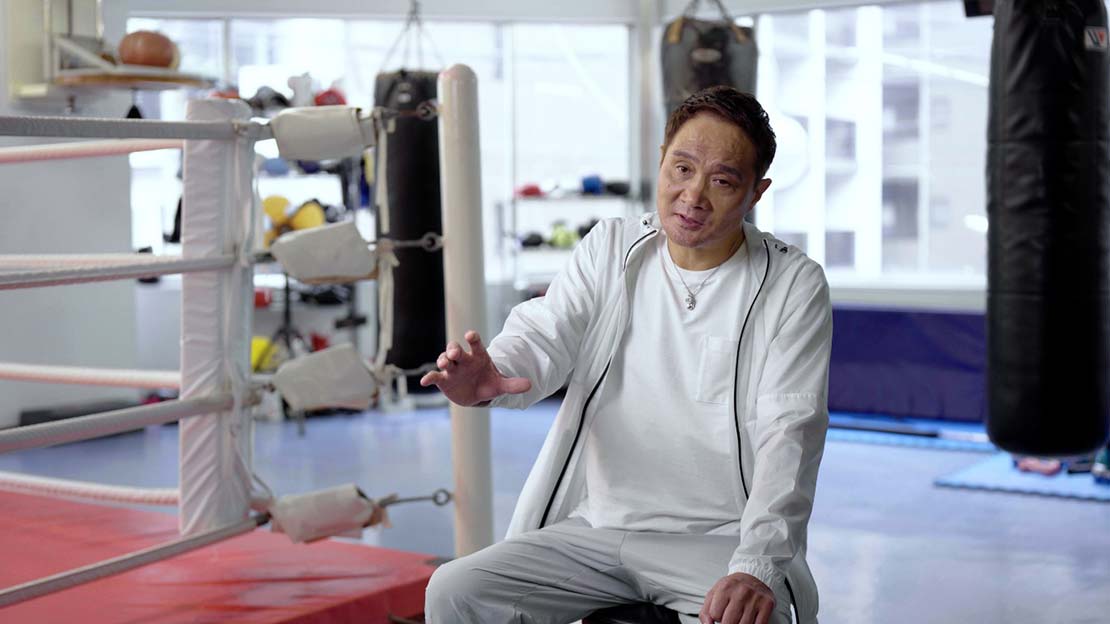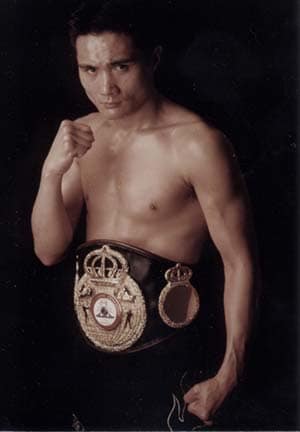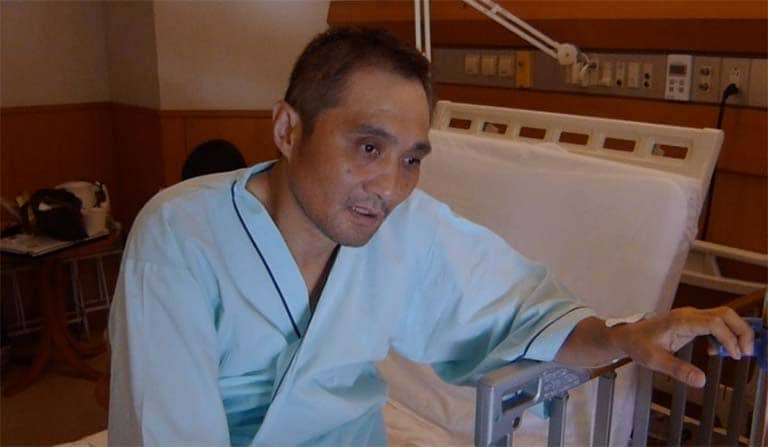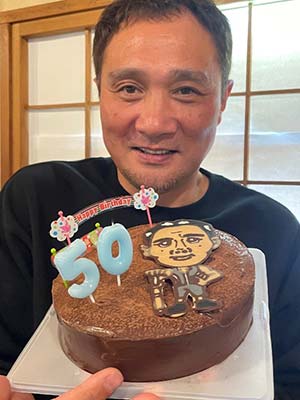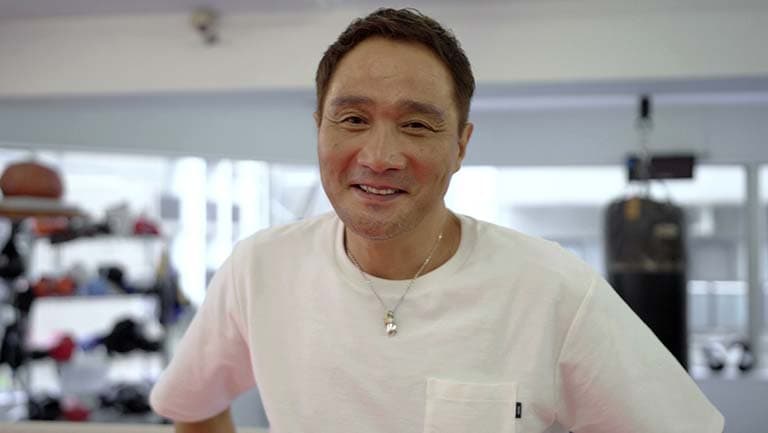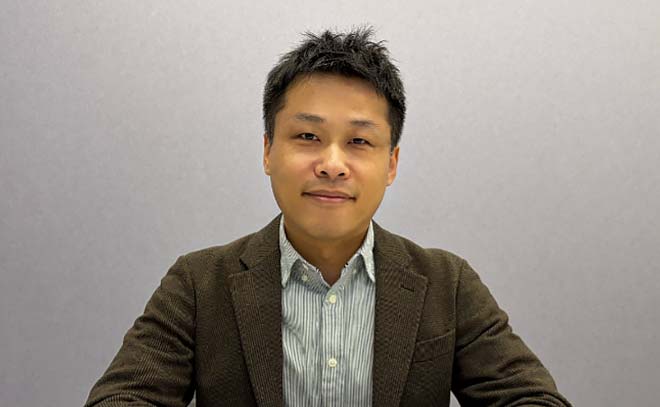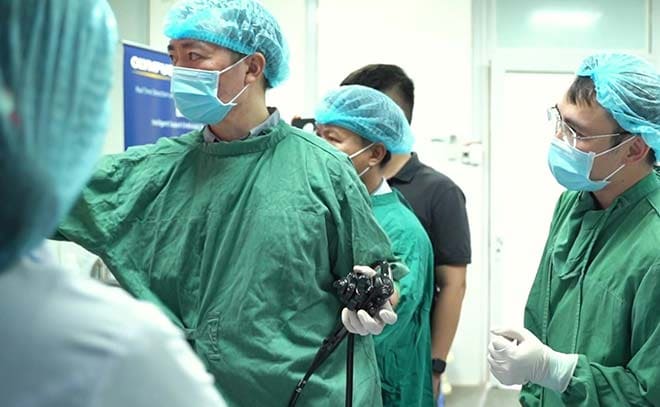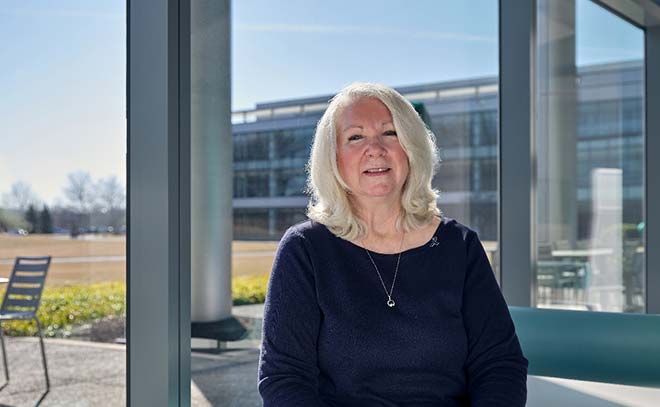“In the old days, I was mom’s boy and crybaby. My mother worked at night, so she wouldn’t be home when I woke up in the morning. I was very lonely and cried a lot,” Shinji said.
He told us that he was still a crybaby in elementary school. As he and his brother were alone at home at night, his apartment became a hangout spot for friends. He says that those around him considered him to be badly behaved and that he often felt lonely.
However, such a boy dared to become a boxing champion and went to Tokyo by himself. Shinji said, “I went to Tokyo when I was 16 years old. The hardest thing for me was being homesick. We didn’t have mobile phones like nowadays, so I would need money to make a phone call. When I made a call from Tokyo to Hiroshima, I would use up 1,000 yen in no time.”
It was also hard for him to both work and box at the same time. He told himself, “It would be embarrassing if I left here now. I could never leave,” so he did his best.


